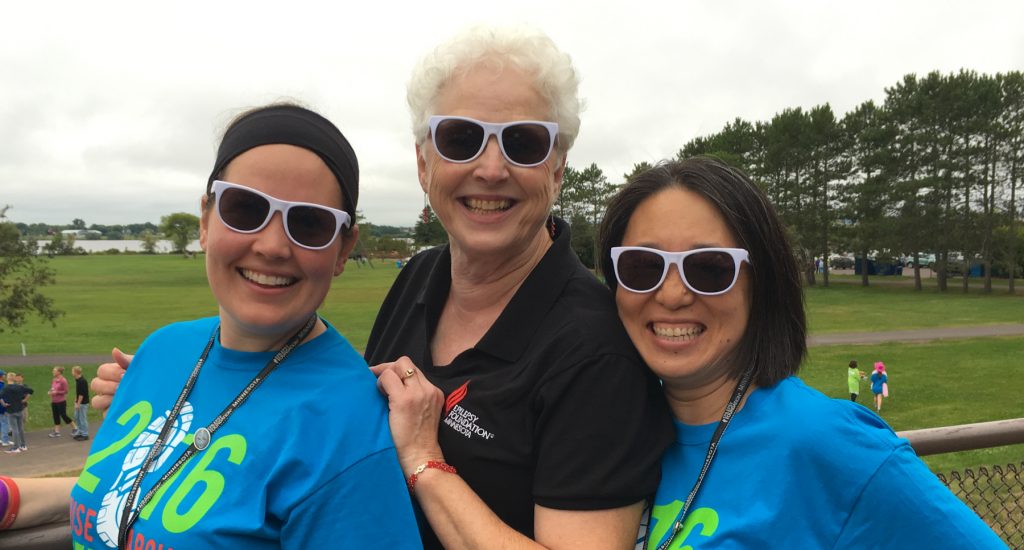Advocacy can be done in many ways, in many places, and for many reasons.
Kyah Altiere has made advocacy an important part of her life since the time she was prescribed toxic levels of her anti-seizure medication. This is when she became an advocate for herself, which transitioned into her being an advocate for the epilepsy community.
“It wasn’t easy to accept that I would have seizures. But facts are facts. I was in control of my attitude – how I was going to respond. My involvement with the Epilepsy Foundation became more meaningful,” says Kyah.
Her response included traveling to Georgia to attend a HOPE (Helping Other People with Epilepsy) training, and becoming a constant presence at our annual Epilepsy Advocacy Day at the Capitol in Saint Paul.
“While I receive my prescribed medications as written, I advocated for people who didn’t. That bill passed. Another example, I advocated for the 3-month (vs 6-month) waiting period for people with epilepsy who don’t have their license. That bill passed too.”
Playing a role in Step Therapy Reform and the change in Minnesota driving laws for people with epilepsy shows her public advocacy. Neither bill directly impacted Kyah’s life, but she understands that her voice is important for helping others.

This mindset is something Kyah finds useful in her daily life as she goes to doctor appointments, the pharmacy, and the office she works at.
“I am an active participant in my medical appointments by asking questions if I don’t understand. I try not to make assumptions, and use resources that are available. For example, at the pharmacy, I look at the prescription bottle/label before leaving to make sure everything is correct and ask the Pharmacists questions,” says Kyah.
At work, Kyah takes steps to keep herself safe for when she has a seizure. Kyah has intractable epilepsy, meaning medication manages her seizures but does not stop them. She knows there’s going to be a next one, and makes sure to plan for it.
“Regularly, I review my seizure protocol plan with my supervisor at work. I requested and received medical amendments to office equipment – armrests from my office chair. They provide stability when I have seizures, all of them have occurred in that chair.”
Kyah’s advice to others is get involved. Get involved in your own medical care to make sure you understand what’s happening. And get involved in public policy work like the annual Advocacy Day at the Capitol.
“GO! Meet others living with epilepsy. I was terrified my first time. It’s okay. Get to know your lawmakers and experience the environment where they work. There’s no pressure to share your story, your presence alone is power,” says Kyah.
